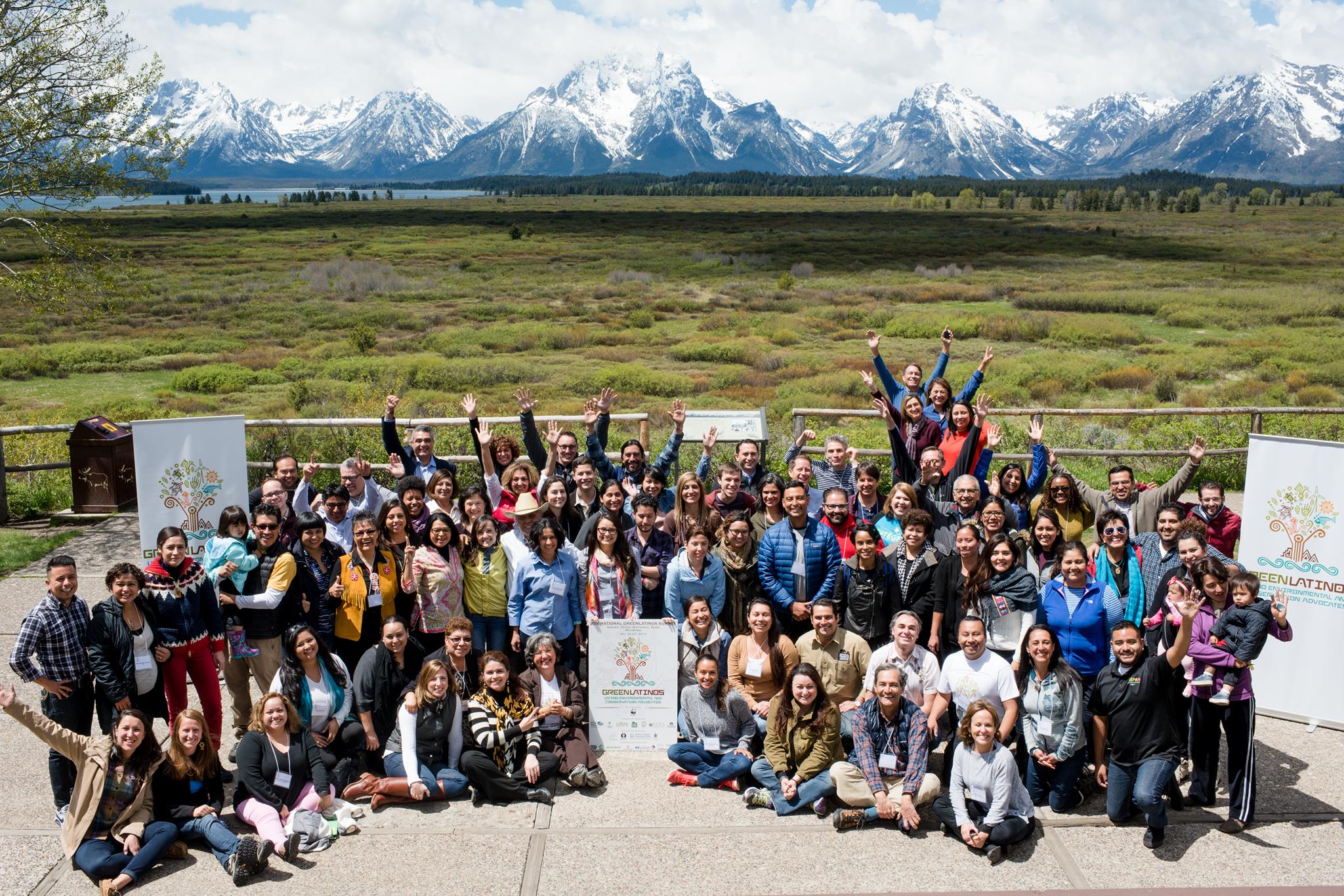Making an effort to address environmental racism and mitigate climate change risks for disproportionately impacted communities, Governor Jared Polis signed the Environmental Justice Disproportionate Impacted Community on July 2, 2021.
House Bill 21-1266 promises to reduce overall greenhouse gas emissions, particularly within the industrial, electric, oil and gas sectors. It also permits the state Air Quality Control Commission (AQCC) to suggest additional rules to mitigate emissions and reduce air pollution in disproportionately impacted communities.
“The communities I’ve worked with cannot wait any longer for environmental justice,” said Issamar Pichardo with Conservation Colorado during a committee hearing on the bill. “They have spoken loud and clear many times — it’s time for Colorado agencies to ensure equitable outcomes for all.”
Twenty five pages of amendments later, and a tussle strung up by opposing parties, the signed act attempts to make disproportionately impacted communities a part of the decision-making process with the AQCC. The plan is to do this by gathering input in “multiple languages and multiple formats and transparently sharing information about adverse environmental effects from its proposed state action.” In addition, community outreach and engagement efforts would include things like accommodating flexible and changing schedules and sharing information about climate change through social media, organizations and other local services.

“In Colorado, frontline communities are bearing the brunt of the climate crisis. For generations, communities of color and low-income have experienced the worst air quality, the worst water quality and disproportionately live on contaminated soil — by no accident. Landfills, toxic waste treatment facilities and polluting industries are more likely to be located near communities of color and low income. This concentration of pollution — compounded by extreme weather (heat waves and storms) and a lack of resilient community infrastructure, including healthcare and housing — means that these same communities, especially segregated rural and workforce communities, end up disenfranchised and struggling to survive,” wrote Ean Tafoya with GreenLatinos in a January 14 press release.
The statement, signed on by several organizations including the Colorado Sierra Club and WildEarth Guardians, demanded speedier environmental equity efforts and for the government to “actively work to untangle the systems that created these disproportionate impacts in the first place,” dawning on the delay to such efforts after House Bill 19-1261 passed in 2019.
The law will create an environmental task force, which will make recommendations to the state by promoting strategies to incorporate environmental justice and equity. That task force will include 27 members, four of which will include members of a disproportionately impacted community.
Whether the passed law, which goes into effect next year, will support these goals has been a point of contention among progressives, while Republicans have criticized its fast-paced advancement in the state Capitol. Since its introduction, some legislators have been eager to smack down any bill addressing climate change that might pose a threat to economic interests or harness any trade burdens, particularly the additional fees and burdens placed on the energy and industrial sectors that were imposed by the bill.
The bill’s biggest opponents have been the Colorado Chamber of Commerce and the Colorado Oil and Gas Association, in addition to a handful of other organizations representing the energy and industrial sector and some state legislatures. They’ve argued that the bill imposes burdens on rural co-ops and businesses while sliding in a cap-and-trade imposition — which the Polis administration has been staunchly against.

“I do want to make it clear that we support reducing greenhouse gas emissions, and we’re working hard to do that. But when the rules keep changing on us, it makes it very difficult,” argued Jeffrey Hire during a Senate Finance Committee hearing on June 7.
“HB 21-1266 supports the progress that my administration has made to memorialize the roadmap’s emissions targets for the industrial, oil and gas, and electricity sectors and is consistent with our State’s policy and approach,” wrote Polis in a July executive order, adding that “Nothing in these laws authorize the AQCC to pursue an economy-wide cap-and-trade or cap-and-invest program.”
The law will continue to enforce the framework established by House Bill 19-1261 to slash state greenhouse gas emissions 25% by 2025, and a long-shot goal of cutting it by at least 90% by 2050.






